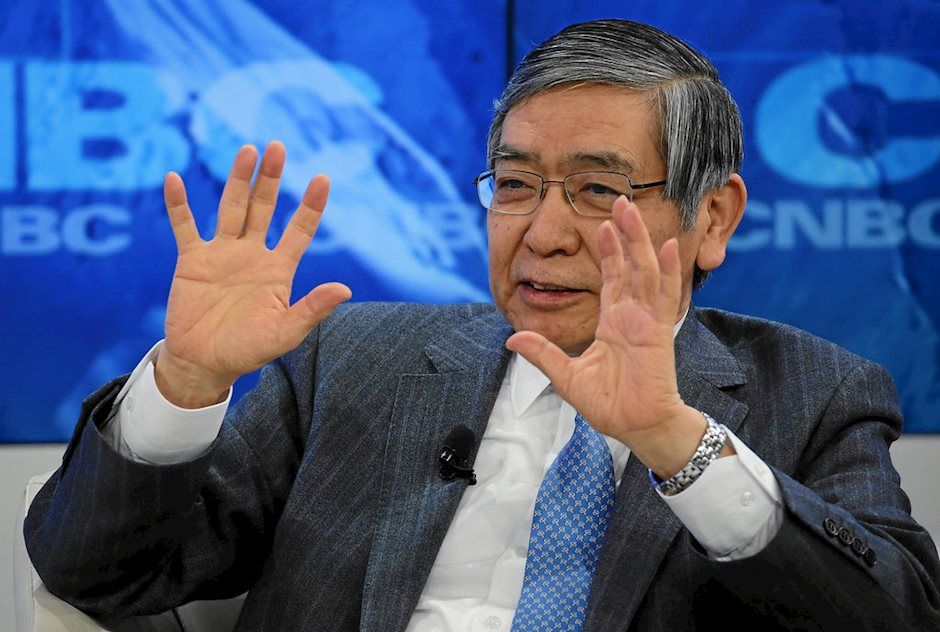BoJ’s Kuroda post-BIS meeting: There was debate on svb collapse mainly around impact on global markets

Having attended the Bank for International Settlements (BIS) meeting earlier this week, Bank of Japan’s (BoJ) outgoing Governor Haruhiko Kuroda said that “there was a debate on SVB collapse mainly around the impact on global markets.”
“Participants at BIS meetings appeared relieved to see US authorities act swiftly to contain the damage from the collapse of SVB,” he added.
On monetary policy, Kuroda said,
BoJ must maintain current monetary easing, but there will also likely be scope to consider steps to address side-effects of easy policy.
By maintaining current easy policy, it's possible to sustainably, stably achieve our price target, accompanied by wage growth, while looking after side-effects of our policy.
BoJ will surely head for an exit from easy policy and has ability to do so, when 2% inflation target is sustainably, stably met.
When BoJ decided to adopt negative rate policy in Jan 2016, my feeling was that many board members were in favor of the idea but some thought doing so at that timing was premature.
While it may take some time, expect market function to improve with steps taken under existing market tools.
Related reads
Author

Dhwani Mehta
FXStreet
Residing in Mumbai (India), Dhwani is a Senior Analyst and Manager of the Asian session at FXStreet. She has over 10 years of experience in analyzing and covering the global financial markets, with specialization in Forex and commodities markets.
















